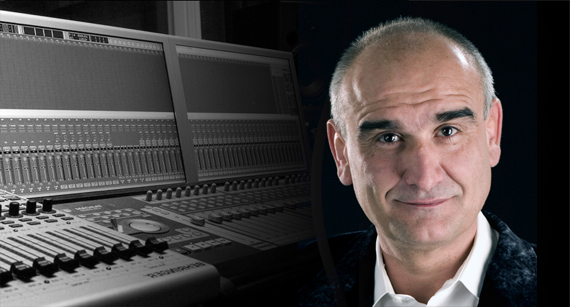Pascal Nègre, President of Universal Music France, Italy, Middle East and Africa, also serving as Universal Music Group’s global Head of New Business, recently participated in an in-depth reflection regarding a new definition of media in the digital era.
Several experts challenged the editorial function in different businesses, whether music, television, cinema or books, at a time when dematerialization revisits existing models. Their contributions have been brought together in a book, “Protocoles Editoriaux”, currently only available in French. Contributors include Robert Darnton, Carl H. Pforzheimer University Professor and Director of the University Library at Harvard, and Richard John, a Professor at the Columbia Journalism School.
In a long interview reprinted in this book, Pascal Nègre explains his business and his role as a producer, “when the act of creation becomes professional”. He stresses the importance of getting good media coverage. “I insist, the artist is involved from the beginning to the end. (…) It would be wrong to believe that it is the company which puts the artists under the media radar, an artist that would be some kind of an inert product. The artist is, by him- or herself, at the heart of the media process.”
At the era of dematerialization, the album remains the reference for music, stresses Pascal Nègre. “iTunes revenue growth today is primarily supported by album sales. Ten years ago, we were told that one would only sell titles, that albums were dead.” The reference remains the album. The album is “the artist’s universe”.
Streaming doesn’t change this reality, people continue to listen to albums, but playlists are added, corresponding to compilations that exist in the physical market. “People subscribe today to a service to access seven, eight, 14 million titles – by paying access to a database, and applications editorialize them. We will continue to do this job, but in the form of applications. This is a strategic question: do we need to own platforms or should we continue to deal with applications?”, asks Pascal Nègre.
Several other topics are addressed in the interview, including the consequences of a global world, of cultural diversity (“For me, diversity means more successes. More artists connecting to their audience”), of language specificities.


